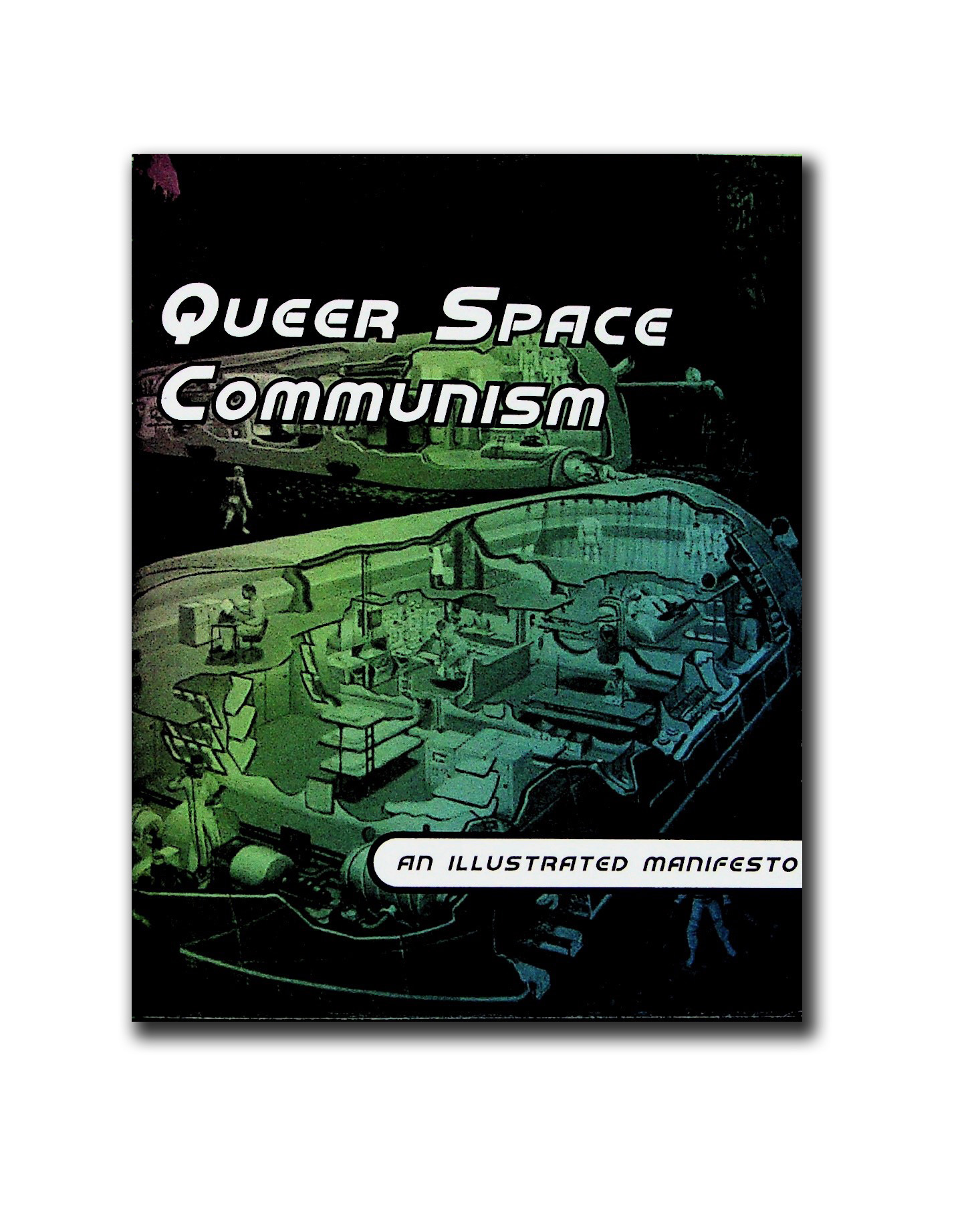 Today is “Review a Zine” Day of International Zine Month, and the zine we’re talking about is Wild Fermentation by Sandor Katz. Whenever we get asked “what’s your favorite zine in the collection?” Wild Fermentation is always toward the top of the list.
Today is “Review a Zine” Day of International Zine Month, and the zine we’re talking about is Wild Fermentation by Sandor Katz. Whenever we get asked “what’s your favorite zine in the collection?” Wild Fermentation is always toward the top of the list.
Initially published in 2001, this zine has since spawned a series of books by Sandor Katz (also entitled Wild Fermentation), a website, and an ongoing series of workshops, knowledge shares, and a whole community of positively passionate pickle people.
The zine itself (at least our copy) is entirely text-based. It’s basically a cookzine, but focused on making all sorts of fermented foods. From sauerkraut to pickles to miso to sour dough bread, it’s all about harnessing microbes to make and preserve different things to eat.
Our copy came to us as part of the first large collection of zines that we got as a donation. Honza, a member of our queer punk community in the Bay Area, passed away, and when his chosen family was gathering his things, his zines were sent to us with the request that we would keep them together and honor his memory.
The thing that’s super special about our copy is that Honza used it to press wild flowers and small plants between the pages. From a preservation and archival standpoint, this is not so great, but we’ve kept them in place because to us this represents both him and how we see the zines in our collection as a whole. Important enough to preserve, with the ability to tell stories even when we’re not around, and both precious and non-permanent.
Philosophy aside, we also love Wild Fermentation because it’s a teaching zine. Zines are amazing ways to learn and spread knowledge, and this does that with total ease. I (milo) use his recipes all the time, especially when making kosher dill pickles, kraut, and my own version of asazuke, a spicy dikon, carrot, and hot pepper ferment that I use in vegan banh mi.
Wild Fermentation (the 2001 version) can be found in our digital archive, and Sandor’s books Wild Fermentation, The Art of Fermentation, and Fermentation as Metaphor can be purchased from shortmountaincultures.com.

 Even before the COVID-19 pandemic began we were thinking about trying to write a thing about zines that talk abut using herbs and DIY abortion. Then came the pandemic, and in the U.S., the confirmation of another anti-abortion supreme court justice, who, it’s speculated, will work to overturn the 1973 Roe vs. Wade decision that legalized pregnancy termination.
Even before the COVID-19 pandemic began we were thinking about trying to write a thing about zines that talk abut using herbs and DIY abortion. Then came the pandemic, and in the U.S., the confirmation of another anti-abortion supreme court justice, who, it’s speculated, will work to overturn the 1973 Roe vs. Wade decision that legalized pregnancy termination. Wow! It’s been almost a year since we’ve posted anything to the blog. And what a fucking year. As we’re still in the midst of a global pandemic, we’re not doing a whole lot these days. At least, not in person. Luckily, online events are a thing right now, and we’re super happy to participate in them.
Wow! It’s been almost a year since we’ve posted anything to the blog. And what a fucking year. As we’re still in the midst of a global pandemic, we’re not doing a whole lot these days. At least, not in person. Luckily, online events are a thing right now, and we’re super happy to participate in them.